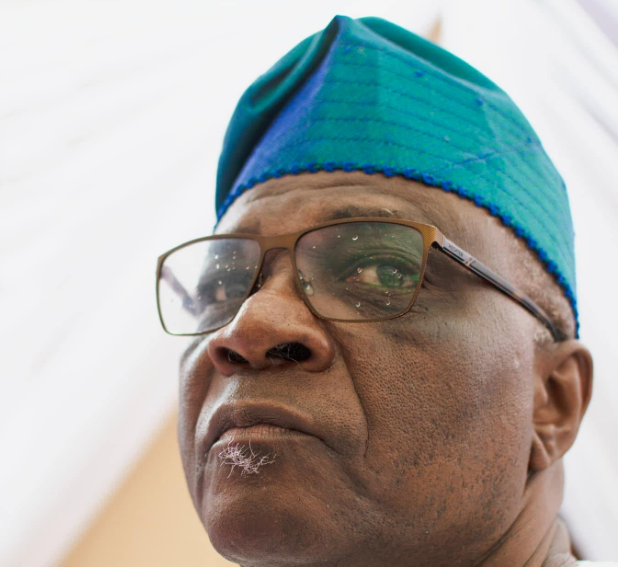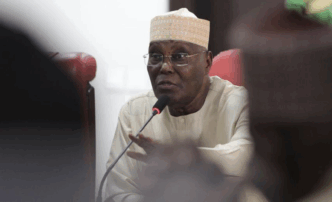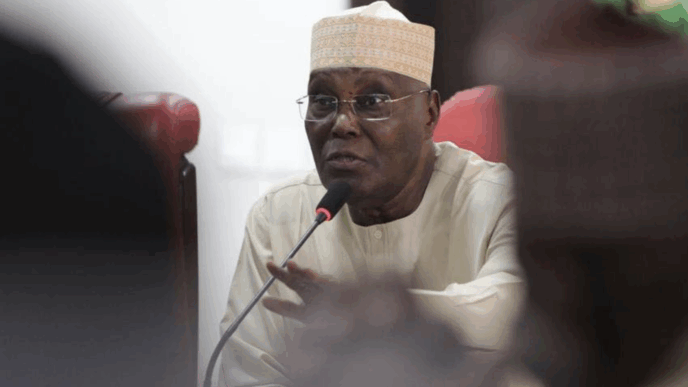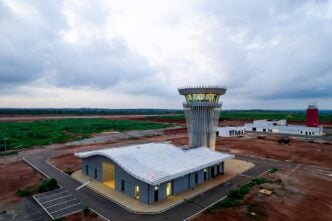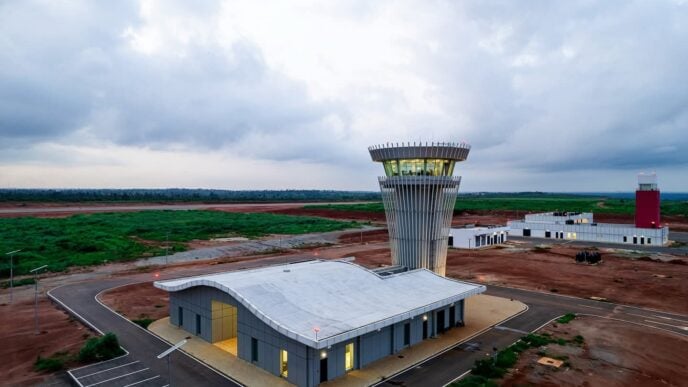BY BABANDI IBRAHIM GUMEL
In the wake of Professor Jerry Gana’s political prognostication, Ayo Onanuga, a spokesperson for President Bola Tinubu, rushed to the ramparts to fire a salvo of condemnation against the tenure of former President Goodluck Jonathan. His central thesis, that the Tinubu administration is a marked improvement, is not just a defence of his principal; it is a profound misreading of recent Nigerian history and a staggering dismissal of the current, unprecedented suffering of millions of Nigerians. A clear-eyed comparison of the first year of Jonathan’s elected term with the first year of Tinubu’s reveals that the current administration has plunged the nation into a depth of economic misery and insecurity that Jonathan’s era, for all its faults, never approached.
To critique the Jonathan administration is fair game. It was a government hampered by inertia and, most memorably, the insurgency of Boko Haram, which it initially underestimated. However, to suggest, as Onanuga does, that it was a darker period for the average Nigerian than the present requires a wilful blindness to the stark realities of 2025.
Economic Management: Stability Versus Shock Therapy
Under Goodluck Jonathan’s first elected term (2011-2015), the Nigerian economy was one of the fastest-growing in the world. While the benefits of this growth were unevenly distributed—a legitimate criticism—the fundamental building blocks of daily life were not catastrophically dismantled. The Jonathan administration managed the economy within a framework of relative price stability. Fuel prices were stable and subsidised, ensuring that the cost of transportation and goods, while high, was not prohibitive. The Naira, though under pressure, traded at a predictable rate, allowing businesses to plan.
Advertisement
Contrast this with the Tinubu administration’s economic reforms. The abrupt removal of the fuel subsidy and the flotation of the Naira were not mere policy adjustments; they were seismic shocks that have shattered the Nigerian economy. The result is not the “vibrancy” Onanuga imagines, but an inflationary tsunami.
- Inflation: Under Jonathan, inflation was a concern, but it hovered around the 8-12% range. Today, it has skyrocketed to over 33%, a 28-year high, with food inflation at a staggering 40%. Though prices of food commodities are coming down, but are mere seasonal trend that will lapse in the next two month. The price of a bag of rice, a staple, has more than tripled since May 2023.
- Currency Value: The Naira, which traded at about ₦180/$1 under Jonathan, now languishes at over ₦1,500/$1. This collapse has decimated purchasing power, crippled businesses that rely on imports, and sent the cost of living into the stratosphere.
- Poverty: While poverty was significant under Jonathan, the World Bank now projects that the number of poor Nigerians will hit 100 million under Tinubu’s policies. This is not an improvement; it is a national emergency.
Onanuga celebrates these policies as “necessary,” but what good is a necessary medicine if the patient is killed by the side effects? The Tinubu administration’s reforms have been harsh, theoretical, and implemented with a stunning lack of mitigating social safety nets, plunging millions into hunger and despair.
Insecurity: A Contained Fire Versus a National Conflagration
Advertisement
It is true that the Jonathan administration grappled with the terrifying rise of Boko Haram, culminating in the tragic Chibok girls’ abduction—a failure for which it was rightly criticised. However, the security landscape today is vastly more complex and widespread.
Under Tinubu, the Boko Haram/ISWAP threat persists in the North-East. But now, it is compounded by a metastasizing banditry crisis in the North-West that has made vast swathes of farmland no-go areas, directly contributing to the food crisis. In the North-Central, farmer-herder clashes have become more deadly. In the South-East, the sit-at-home crisis and separatist violence continue to cripple economic activity. Kidnapping for ransom has become a nationwide industry, terrorising citizens on highways and in their homes from Abuja to Kaduna, and from Lagos to Owerri.
The Jonathan administration faced a formidable, but largely regionalised, insurgency. The Tinubu administration presides over a nationwide free-for-all, where insecurity is not an exception but a daily reality for citizens across all geo-political zones. To claim superiority on security is to ignore the fact that the fire, though fought in one room under Jonathan, has now spread to consume the entire house.
Conclusion: A Defence That Rings Hollow
Advertisement
Ayo Onanuga’s statement is a predictable piece of political defence. However, in his attempt to shield his principal from criticism, he has insulted the intelligence of Nigerians who live the daily reality of this administration’s policies. They feel the pang of hunger, they struggle to buy fuel, they watch their life savings evaporate with the Naira’s value, and they live in fear of kidnappers and terrorists.
Goodluck Jonathan’s tenure was not a golden age. It had its well-documented failures. But to claim that the Tinubu administration represents an improvement is to measure with a broken ruler. The current hardship, triggered directly by harsh and poorly sequenced economic policies, is unprecedented in its scale and intensity. Nigerians are not nostalgic for Jonathan; they are desperate for relief from a present that is demonstrably and quantifiably worse. No amount of political spin from Bayo Onanuga can change that painful, self-evident truth.
Gumel is the state chairman of the PDP in Jigawa state.
Advertisement
Views expressed by contributors are strictly personal and not of TheCable.
